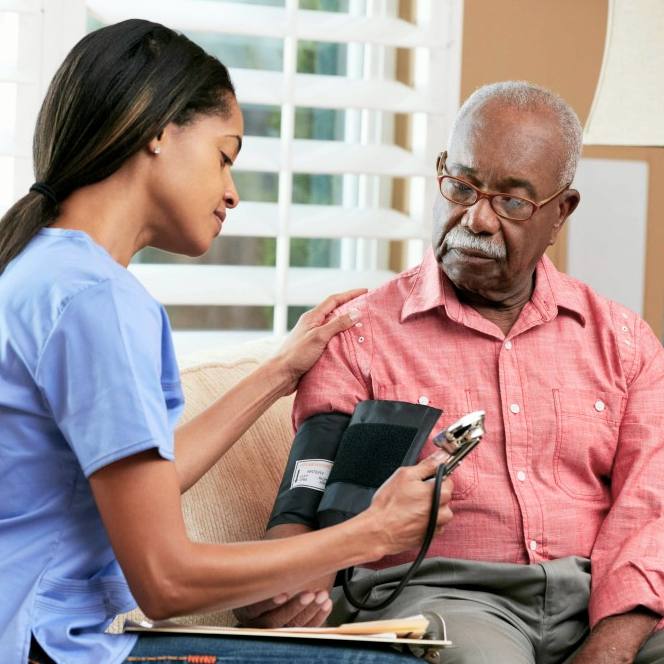-
Cardiovascular
Consumer Health: Yeast infections in men

Yeast infections in men
Yeast infections in men are common. Candida, the fungus that causes yeast infections, normally is present on skin, especially moist skin. When some contributing factor, such as having sex with a female partner who has a vaginal yeast infection, causes an overgrowth of candida, infection can result. Learn more from Dr. James Steckelberg, a Mayo Clinic infectious diseases specialist.
***
Also in today's tips ...
Helping children cope: Tips for talking about tragedy
When a tragedy such as a natural disaster, mass shooting or terrorist attack occurs, you might feel helpless and it can be hard to talk to your child about what happened. However, talking to your child about a tragedy can help him or her understand what's happened, feel safe and begin to cope. Silence might make the event seem more threatening to your child. Find out how to start the conversation and help your child cope.
Slideshow: See how your digestive system works
The sight and smell of food often are enough to make you start salivating. And after the first morsel of food enters your mouth, many organs swing into action — each doing its part. Here's a look at how your digestive system works from top to bottom.
Recognizing the signs of a hypertensive crisis
A hypertensive crisis is a severe increase in blood pressure that can lead to a stroke. Signs and symptoms of a hypertensive crisis that may be life-threatening include severe chest pain; severe headache, accompanied by confusion and blurred vision; nausea and vomiting; and shortness of breath. Learn more from Dr. Sheldon Sheps, an emeritus Mayo Clinic hypertension and peripheral vascular diseases specialist.
Treating vaginal dryness after menopause
Vaginal dryness can be a problem for many postmenopausal women, and it may result in painful intercourse. Vaginal dryness is a hallmark sign of the genitourinary syndrome of menopause, also known as atrophic vaginitis or vaginal atrophy. With this condition, vaginal tissues become thinner and more easily irritated — resulting from the natural decline in your body's estrogen levels during menopause. There are several treatments your health care provider might recommend. Learn more from Dr. Shannon Laughlin-Tommaso, a Mayo Clinic OB-GYN.







